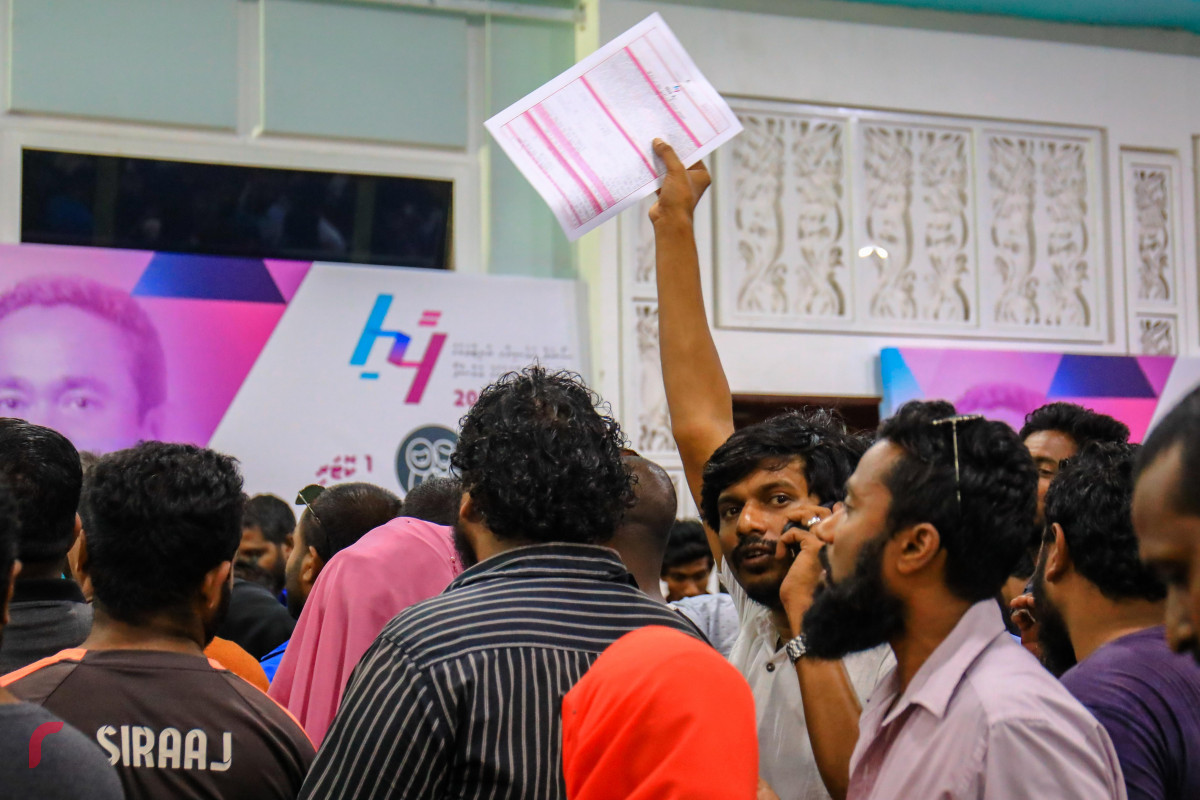Puberty awareness must be integrated into curriculum on a policy level: First Lady
She participated in a high-level panel discussion of a webinar on Menstrual Health Management and Sustainable Periods on Saturday


First Lady Fazna Ahmed
First Lady Fazna Ahmed has shed light on the importance of integrating puberty and puberty awareness into the school curriculum on a policy level.
The first lady took part in a webinar on Menstrual Health Management and Sustainable Periods which saw high-level panel discussions on Saturday, where she touched down on ways to subdue the stigma surrounding the delicate topic of menstruation.
As such, she highlighted the challenging faced in addressing the taboo surrounding the topic among the society. She added that the social norm of treating the subject of menstruation as “taboo” must be faced by educating students at early stages. This can be done by integrating puberty awareness into the school curriculum on a policy level with the consent of parents.
Discussing menstrual health and wellness, Fazna revealed that young girls must be educated on menstruation as it plays a major role on developing women’s health and personal hygiene as well as the environment, owing to the products women choose to use in their menstruation process.
Further, the first lady highlighted that “Dhivehi” terms and phrases describe puberty as “becoming an adult” and stressed that this usually occurs between 7-12 years of age. With this being said, the first lady noted that going through puberty does not make children “adults”.
With this being said, Fazna shed light on the importance of providing age-appropriate information that is fact-based, to children.
She also touched down on the significance of establishing more “appropriate” terms and phrases in the “Dhivehi” language to describe effects of puberty.
The webinar, hosted in two sessions and an initiative of Zero Waste Maldives collaboratively with the Society for Health Education (SHE), was joined by government policymakers, representatives of the health sector, advocates as well as civil society organizations. The webinar was backed by the United Nations Population Fund (UNFPA) and hosted with a purpose to reach dialogues on encouraging environments for teenagers and young women to manage their menstrual health.






